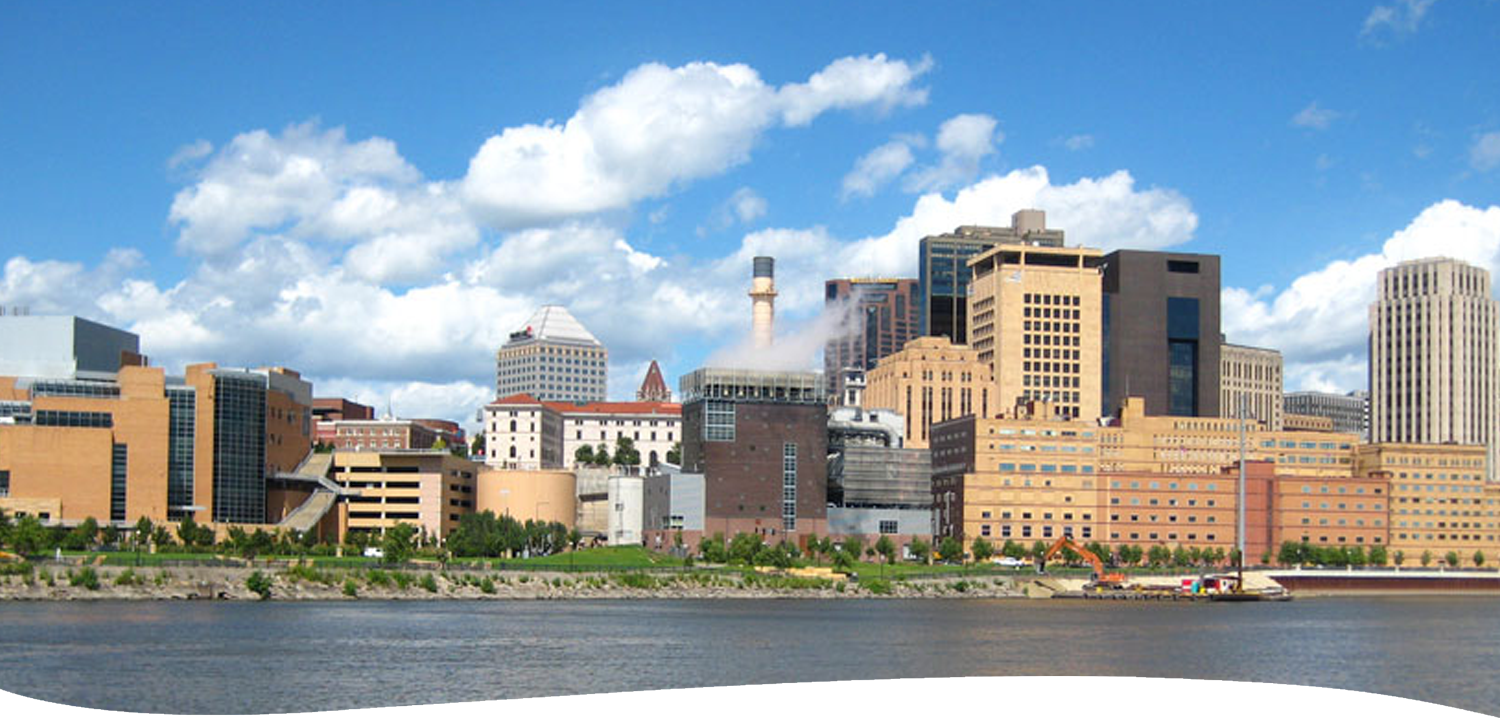
Efficiency Gains from Combined Heat & Power
In 2003, Ever-Green developed St. Paul Cogeneration, a biomass-fired combined heat and power (CHP) plant, to improve the efficiency and environmental profile of District Energy St. Paul. This facility provides renewable, reliable electricity to Xcel Energy and heating to the district heating customers.
Production
The plant produces up to 55 megawatts of heat and up to 25 megawatts of electricity. The electricity produced is supplied to the local electric utility—enough electric supply for up to 20,000 homes. The excess thermal energy from the generation of electricity supplies enough hot water for approximately 45% of District Energy St. Paul’s heating needs for its 32 million square feet of customer building space.
Wood Waste Fuel
Urban wood waste is the primary biomass source for the CHP plant, with natural gas mixed with the wood chips in the boiler to increase the combustion temperature and add stability.
The biomass is processed by Ever-Green Energy affiliate company Environmental Wood Supply.
The wood waste comes from storm-damaged or compromised trees, tree trimming, residential waste, habitat restoration, and other processing that leaves behind a low-grade wood by-product. Using biomass and CHP together significantly cuts air emissions and reduces greenhouse gases.
Ever-Green’s Role
Ever-Green owns, operates, and manages this facility. This includes providing strategic and financial planning, coordination of power purchase agreements and regulatory affairs, maintenance and capital planning, and fuel procurement.

